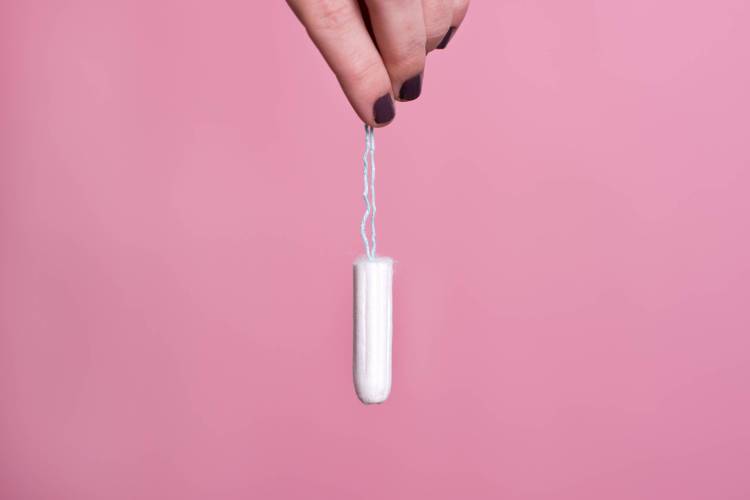Scotland On Track to Become First Nation to Make Period Products Free
Yet the U.S. Still Has The ‘Tampon Tax’
March 9, 2020
Scotland is on its way to becoming the first country in the world to offer female hygiene products for free.
A bill was passed in Scottish parliament on Tuesday that would make tampons and sanitary pads universally available for no charge in public places like community centers, youth clubs, and pharmacies. The plan was approved with 112 votes in favor, none against, and one abstention.
The Period Products (Free Provision) Scotland Bill was introduced by lawmaker Monica Lennon. During the debate on the bill prior to the vote, she said its passage would be a “milestone moment for normalizing menstruation in Scotland and sending out that real signal to people in this country about how seriously parliament takes gender equality.”
The bill then passes on to the second stage, where legislators will suggest amendments. The initiative is estimated to cost the government 24.1 million pounds a year ($31.2 million), and some legislators believe this will be a deterrent to the bill’s signing into law.
Besides providing free services for those who need them across the country, the legislation also aims to reduce the stigma around menstruation across all genders. That was reflected in the bill’s extensive two-hour debate.
This isn’t the first attempt by Scotland to combat “period poverty,” or the lack of access to menstrual hygiene products due to financial constraints. A survey of just over 2,000 people in 2018 showed around one in four students were struggling to access sanitary menstruation products.
Shortly after this survey, the Scottish government allocated funds to make period products freely available in schools, colleges, and universities.
The initiative was strengthened when the government made these items available for free in more public places, such as libraries and community centers, the next year.
Currently, sanitary products in the United Kingdom are still taxed at 5% in accordance with European Union regulations that consider them as a “luxury.” As a result of the recent Brexit transition, that’s up to the UK now. In the meantime the E.U. has vowed to reduce all menstruation product sales taxes by 2022.
These steps being made for equality shines a light on the problems with period product prices in the United States. There is still a sales tax on period products in 35 states as they are not considered basic necessities. They should be considered a tax exemption because tampons, sanitary napkins, menstrual cups and similar items are important necessities, and therefore should be exempt from taxation. Opponents to the bill argue that feminine hygiene products serving the basic menstrual cycle should be classified alongside other unavoidable, tax exempt necessities, such as groceries and personal medical items.
Viagra, a drug used for erectile dysfunction, is not taxed because it is considered a necessity for men, and yet period products are not? What does the US government think people with periods do to take care of them? Do they expect them to just freely bleed?
Additionally, the stigma around periods is still incredibly strong in the US, repeatedly being perpetuated by those in power such as when in 2015, President Donald Trump referred to Fox News debate moderator Megyn Kelly as having had “blood coming out of her wherever,” prompting the hashtag #PeriodsAreNotAnInsult that same year.
European countries are moving in the direction that the US should be, but we are stuck in the past where periods are taboo and a ‘luxury’ which is disgusting.












